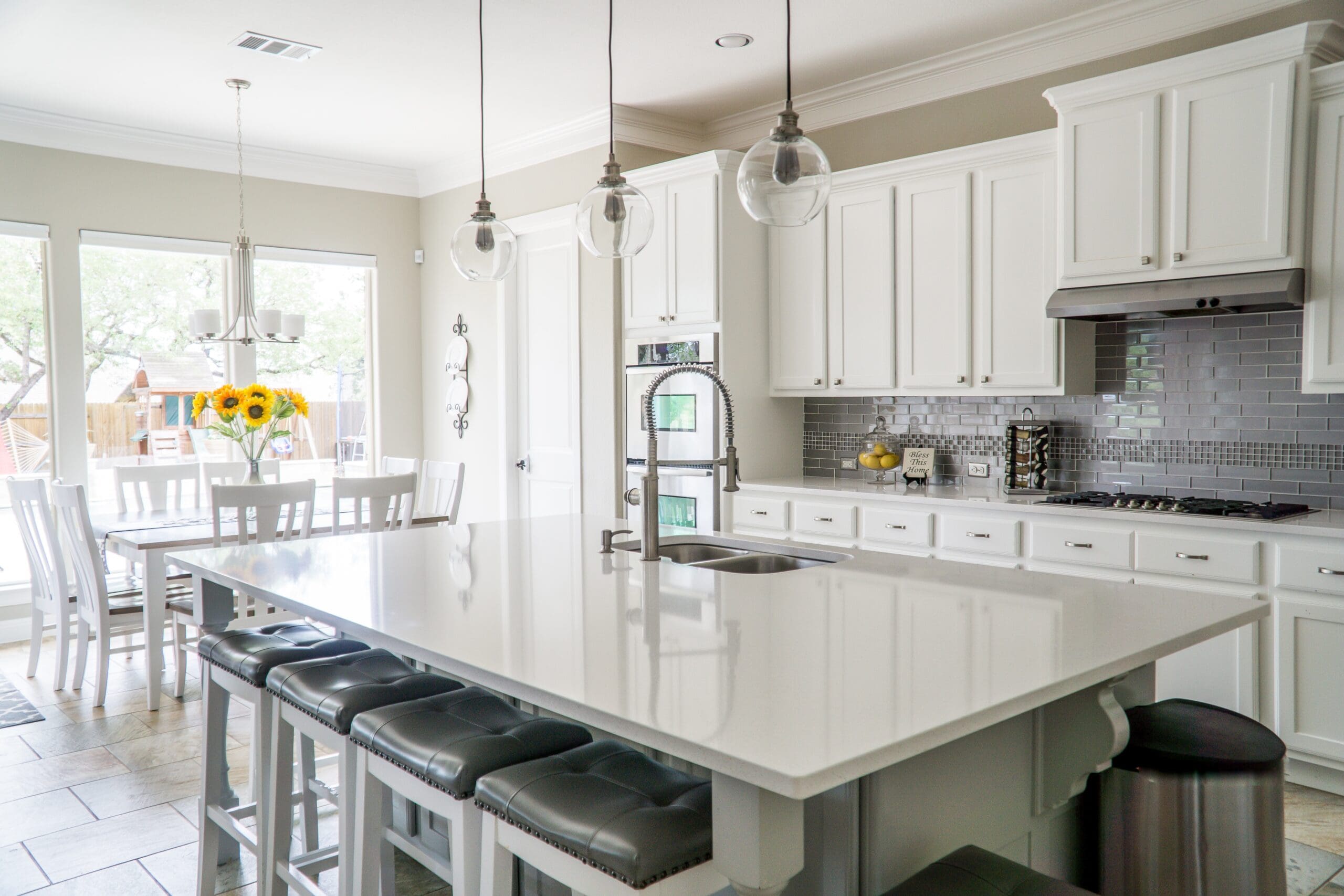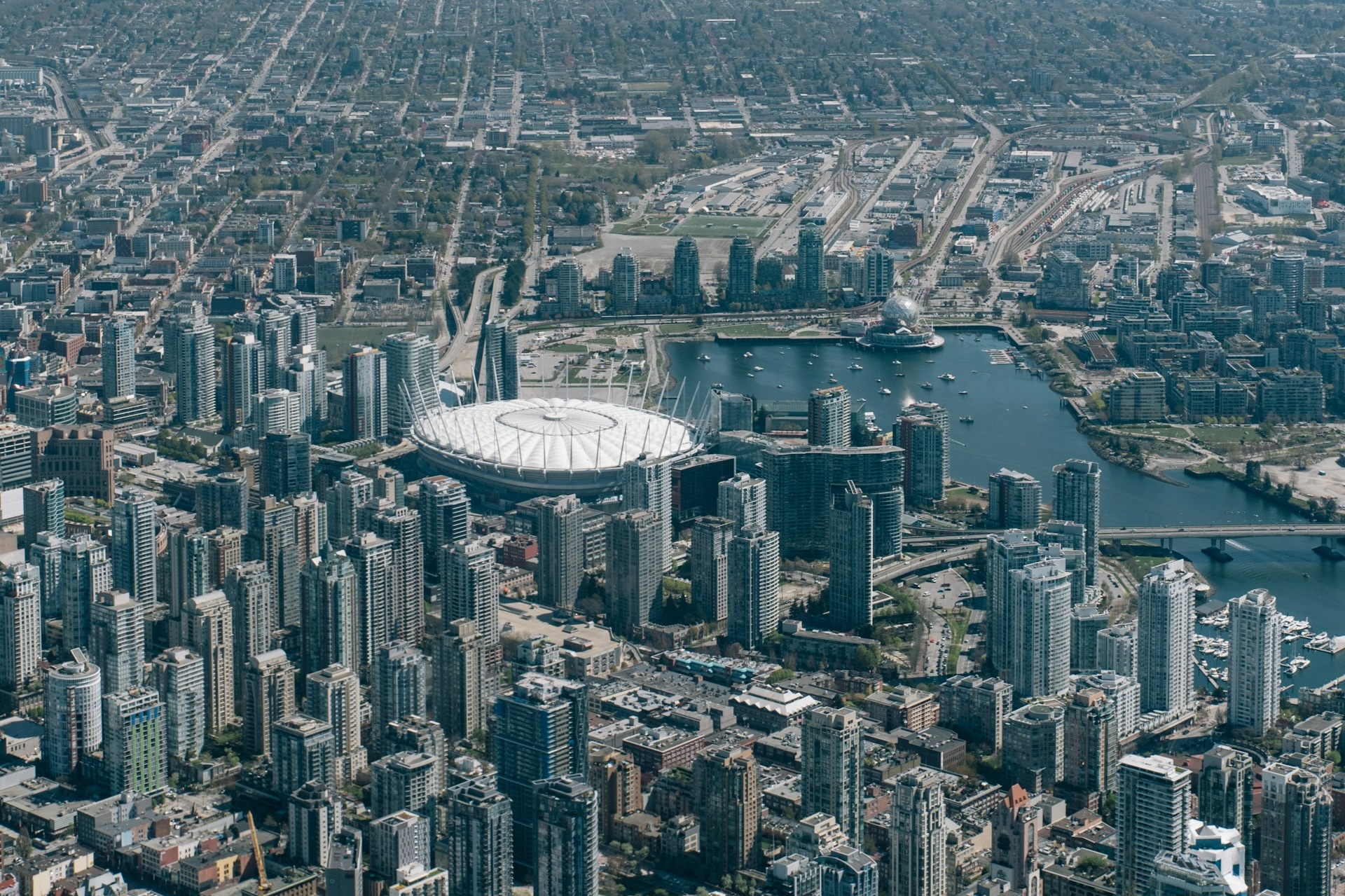First-home buyers are rarely funding their deposits solely with their own money, new data shows.
Scraping together a deposit has emerged as the biggest challenge for first-home buyers and more than half are not conquering that hurdle without parental help or working a second job.
Alarming Finder.com.au polling of first-home buyers across the country showed 52 per cent either received money from their parents, lived with them or got them to go guarantor on their loans.
This cohort of buyers also included those who received an inheritance.
Another 17 per cent of first-home buyers, or about one in six, said they put together a large enough deposit after working a second job.
These figures dwarfed the numbers of first-home buyers who were getting into the market after meticulously saving or giving up on certain luxuries.
First-home buyers told pollsters they often regretted their purchase after facing stiff competition and pressure to buy. Picture David Clark
Only 3 per cent of first-home buyer respondents to the nationally representative survey said they cut their gym membership to save money and 5 per cent stopped buying takeaway coffees. Nine per cent said they cut down on their online shopping habits.
Sarah Megginson, personal finance expert at Finder, saving for a home deposit has become a marathon, not a sprint.
“Building a deposit is the largest hurdle for any Australian looking to get into the property market and it’s only getting harder,” she said.
“Many buyers feel like they are forced to delay big life milestones like starting a family or moving out of home.
“Many need financial help from family, or they’re giving up altogether on the idea of owning a home because it just seems so far out of reach.”
Finder’s First Home Buyer Report 2025 revealed the average first-home buyer deposit was at a record $135,589.
This was more than a full year of the average person’s wages and a 13 per cent on average deposit figures reported three years ago.
It took the average first-time buyer almost five and a half years to put together that amount of cash, Finder revealed. About 11 per cent of first-home buyers took more than 10 years to get a deposit.
These deposits were rarely the traditional 20 per cent, despite the lengthy time it took the buyers to pull them together, Ms Megginson said.
“The fear of missing out has driven many first home buyers to put down the smallest possible deposit of 5 per cent, and while it’s great those opportunities exist, it can put a lot of pressure on the household budget when the mortgage is so high,” she said.
Personal finance expert Sarah Megginson said most first-home buyers were using deposits of 10 per cent or less, despite taking years to put them together.
Loans with deposits under 20 per cent usually carry higher interest rates and lenders often charge an extra fee called Lender’s Mortgage Insurance (LMI) to cover the added risk.
LMI alone adds an estimated $30,000 to the cost of the average house, although there are some government schemes open only to first home buyers, where they can get this cost waived.
Close to 90 per cent of buyers polled by Finder said they believed it had become harder to save for a deposit in the last three years. And many regretted the end result
“Prices have been moving so fast and there’s so much emotion involved when you’re buying a home, which can lead you to make a rushed decision. So it’s not surprising that almost half (45 per cent) of first home buyers who purchased a home in the past year, say they regret their decision.”
The two most common regrets were paying too much for the home (26 per cent) and not saving a large enough deposit (11 per cent).


















 English (US) ·
English (US) ·